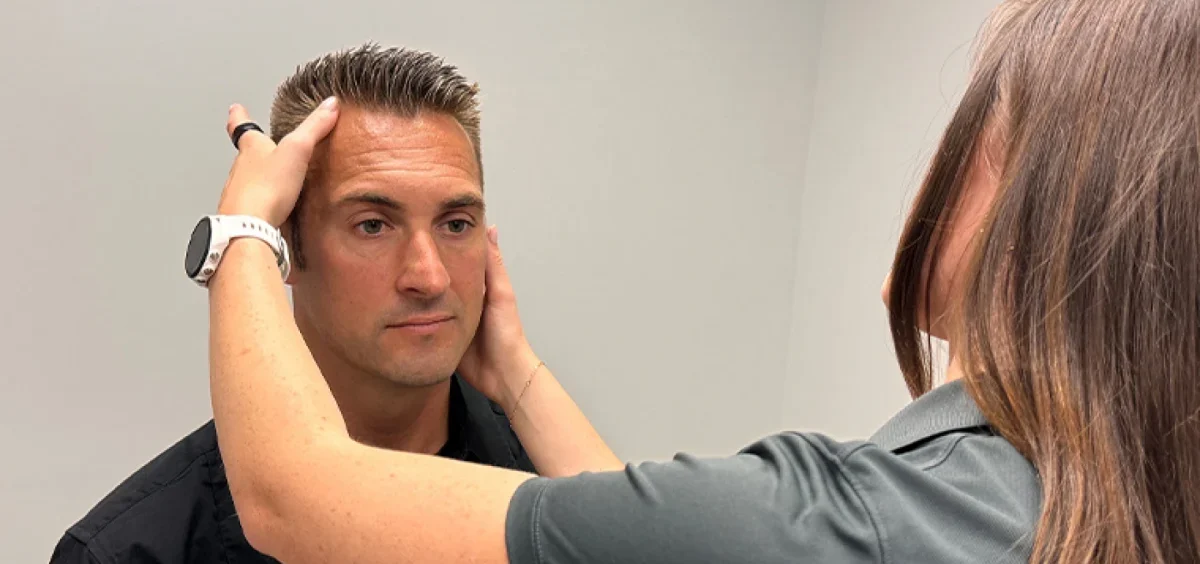News

Concussions are common among Ohio police officers. New research shows the impact
By: Kendall Crawford | The Ohio Newsroom
Posted on:
COLUMBUS, Ohio (The Ohio Newsroom) — Growing awareness around the impact of concussions has led to better protection for athletes and those in the military. Football players are benched until they are symptom free. The Department of Defense instituted day-long recovery periods after head injuries.
But law enforcement hasn’t received the same attention. A recent study from Ohio State University surveyed nearly 400 Ohio officers on their experiences with concussions. More than 70% of officers reported experiencing a head injury in their lifetime. 30% of officers said they experienced those injuries on the job.
One of the study’s authors, Jaclyn Caccese, said these untreated incidents can cause long-term harm, especially if left untreated. Around a quarter of the surveys’ respondents said they didn’t report their injuries.
“Concussions, TBIs, head injuries in general, affect our day to day,” Caccese said. “They affect how we work. They affect how we are at home. And so we really want to be treating them at the time.”
Caccese said they also screened law enforcement officers for symptoms of post traumatic stress disorder and depression. They found that police officers with a prior head injury reported higher symptoms for both conditions.
9% of total respondents screened positive for PTSD symptoms and 36% reported mild or greater symptoms of depression.
Concussions’ impact on law enforcement
Josh Walters, a deputy at Franklin County Sheriff’s Office, said police officers are often put in physical situations. Driving fast and falling down are just normal parts of the job. And, in intense situations, it can be hard to step away for medical attention.
“Once the adrenaline and stuff kind of slows down, it’s not like we can tap out and go to the sidelines and take a break,” he said.

Walters wants to see more police departments put protections in place for officers who may experience head injuries. He said it ensures the health and wellbeing of not just the police officers, but the communities they serve.
“We don’t want an officer that has a concussion having to make instant decisions in less than a half second,” Walters said. “That could be life or death for somebody when their brain is acting slower and more foggy because of that concussion.”
The data offer solutions
He’s been working with Caccese, and other researchers at OSU Chronic Brain Injury program, to change protocol at his own department. They’ve adjusted their training schedule to decrease the likelihood of concussions and brought in athletic trainers to evaluate head injuries when they occur.
Caccese said that even if police departments do not have the capacity to hire on-site medical staff, they can make smaller changes to better protect officers’ health. She said connecting law enforcement to resources and following up on their condition are easy steps that can make a big difference.
Both Caccese and Walters agree that police departments should institute return-to-work policies, where officers are removed after a head injury and medically screened before they go back to work – much like athletic departments have.
“It’s taken us a long time to realize that people outside of sports sustained concussions. And so trying to provide access to care and treatment pathways for those outside of sport is equally, if not more important,” Caccese said.

